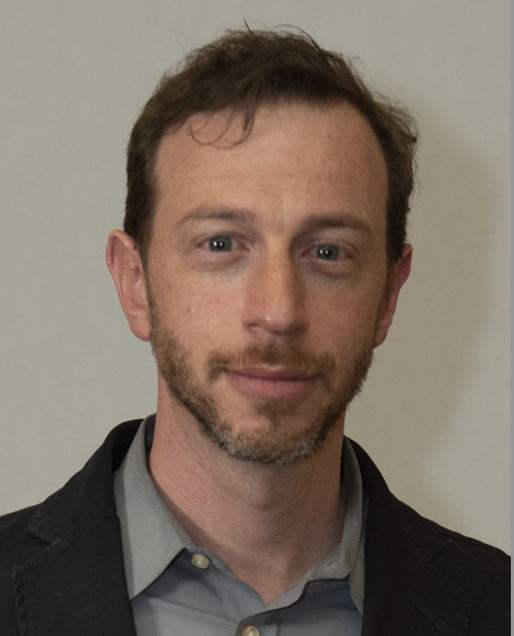HOPE Study
About the HOPE Study
The Health Outreach Program for the Elderly (HOPE) study is the flagship research cohort of the BU ADRC. The BU ADRC is funded by the National Institutes of Health and is one of 38 similar centers across the country, all working together to improve our understanding of Alzheimer’s disease (AD) and AD-related dementias (ADRDs) so that one day we will live in a world without these devastating diseases.
The HOPE study is a longitudinal research investigation of approximately 400 participants over age 50 who span the cognitive spectrum (normal cognition, mild cognitive impairment, and dementia). Each year, participants are interviewed, answer questionnaires, undergo neuropsychological testing and physical exam, and have blood drawn. Additional assessments, including brain imaging, lumbar puncture, and engagement with smart technology, occur intermittently. Participants are followed for their entire lives and donate their brains to research after death. A major focus of the BU ADRC is investigating how repetitive head impacts from contact sports, military service, and intimate partner violence leads to late life effects, including chronic traumatic encephalopathy (CTE). Approximately 1/3 of the participants have had these types of exposures. Some participants have been involved in the HOPE study for almost 20 years. However, new participants are enrolled on an ongoing basis.
You may be eligible to participate if you:
- Are 50 years or older
- Are 55 years or older with memory concerns
- Have a caregiver or study partner who can accompany you to your annual study visit
- Since little is known about Alzheimer’s disease in Black American families, a priority is to enroll Black Americans. This research will help ensure Black Americans benefit from new developments in diagnosis and treatment.
- The HOPE study is one of only a few studies around the country investigating how repetitive head impacts from contact sports, military service, and intimate partner violence lead to late life effects, including chronic traumatic encephalopathy (CTE). We prioritize the enrollment of individuals with these exposures.
What happens during the study?
For the initial assessment, participants will be asked questions about family and medical history and will undergo tests of memory and concentration, physical and neurological exam, blood draw, brain MRI, lumbar puncture, and engagement with smart technology. Participants will be asked to return yearly. Each subsequent year, the interviews, questionnaires, cognitive tests, neurological exam, and blood draw will be repeated. Brain MRI and lumbar puncture will occur intermittently (usually every 3 years). A caregiver or study partner, someone who knows the participant well, will be asked to accompany the participant at each yearly visit.
Brain Tissue Donation: Participants in the HOPE study are asked to consider donating brain tissue after death. Research using brain tissue helps scientists discover treatments for Alzheimer’s disease and other memory-related disorders. The results of the brain examination will be made available to your family.
Where is this study taking place?
Boston University Medical Center
Meet The Team
-

Michael Alosco
Director, Boston University Alzheimer’s Disease Research Center Clinical Core
Co-Director, Clinical Research, BU CTE Center
Associate Professor of Neurology, Chobanian & Avedisian SOM -

Rachael Layden
Research Assistant
-

Jesse Mez
Associate Director, BU ADRC
Associate Professor of Neurology
Co-Director, Clinical Research, BU CTE Center
Leader, Clinical Core, BU ADRC
Investigator, BU CTE Center
Co-leader, Framingham Heart Study Brain Aging Program Clinical Core -
Erika Pettway
Clinical Research Assistant
-

Eric Steinberg
HOPE Study Project Manager
-
Michael Walsh
Clinical Research Assistant